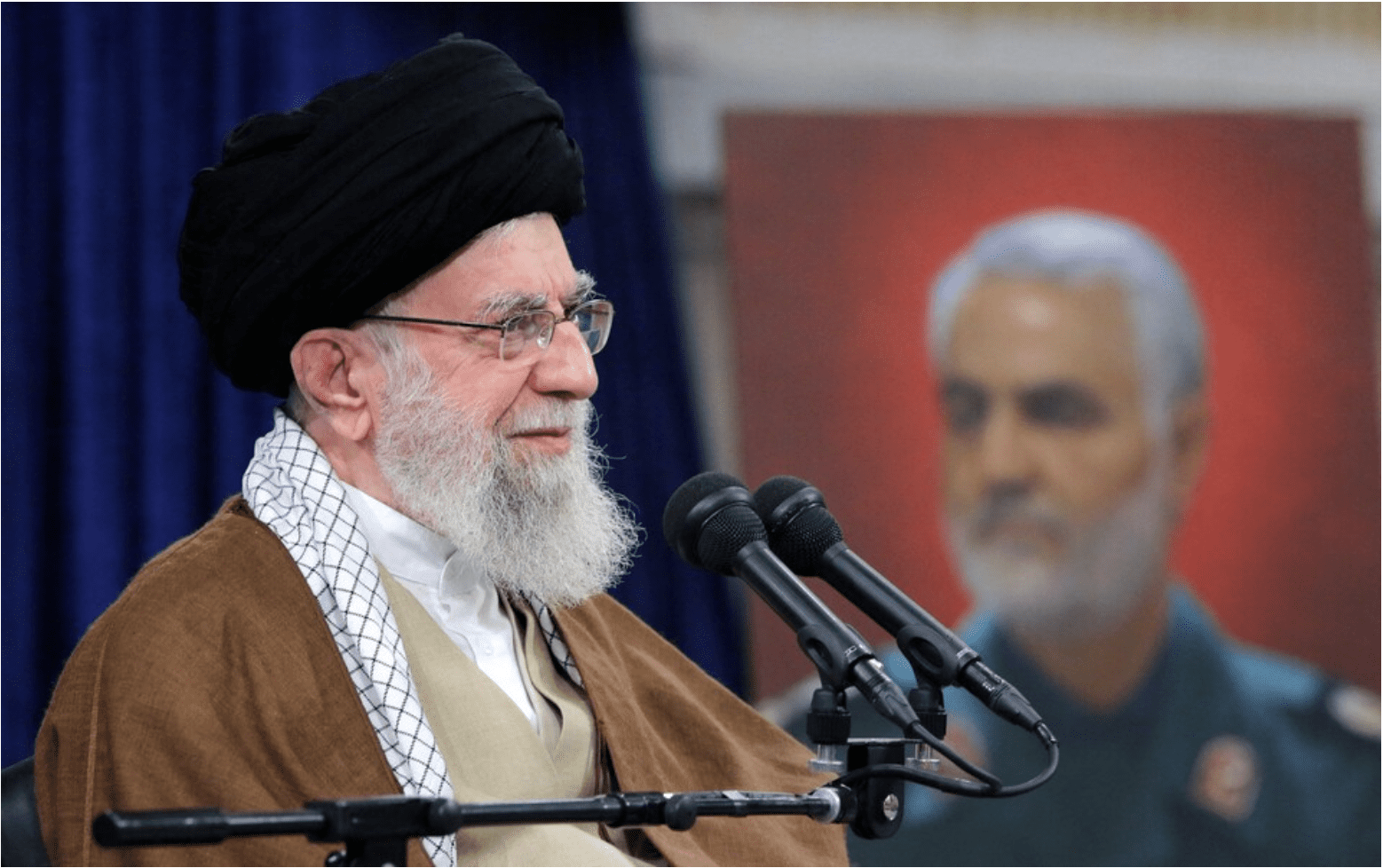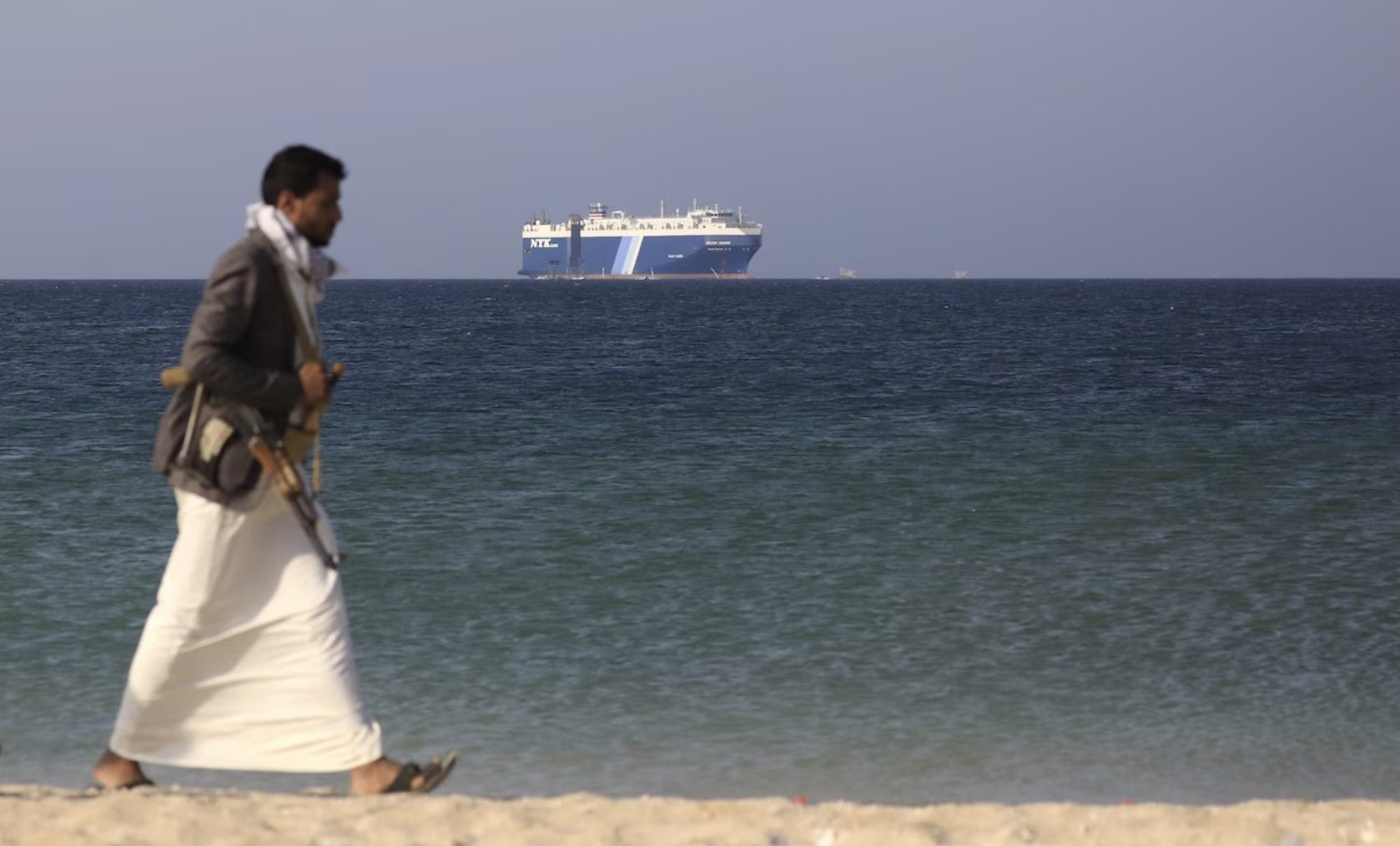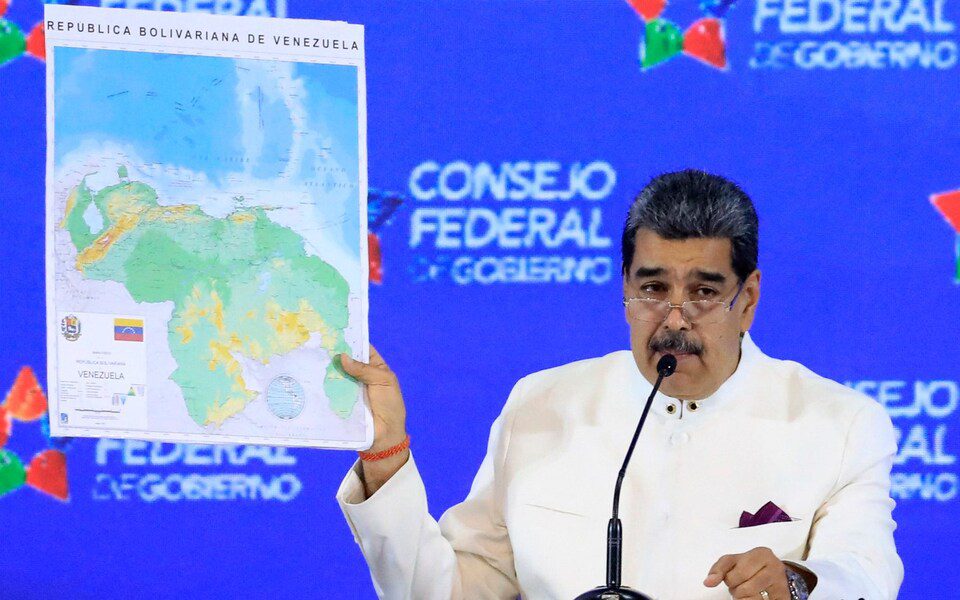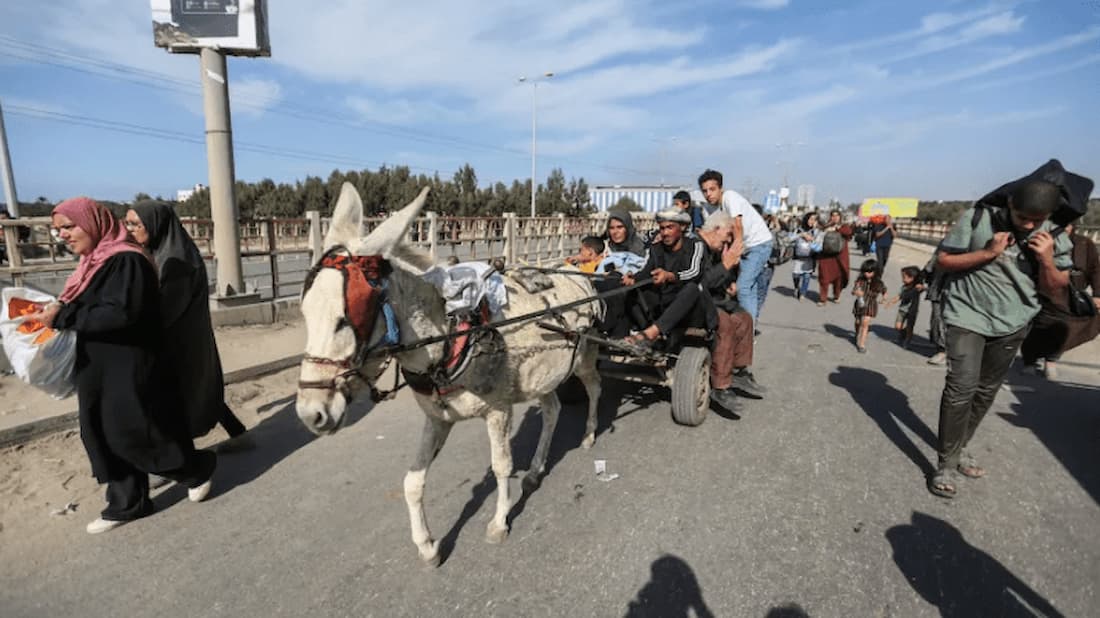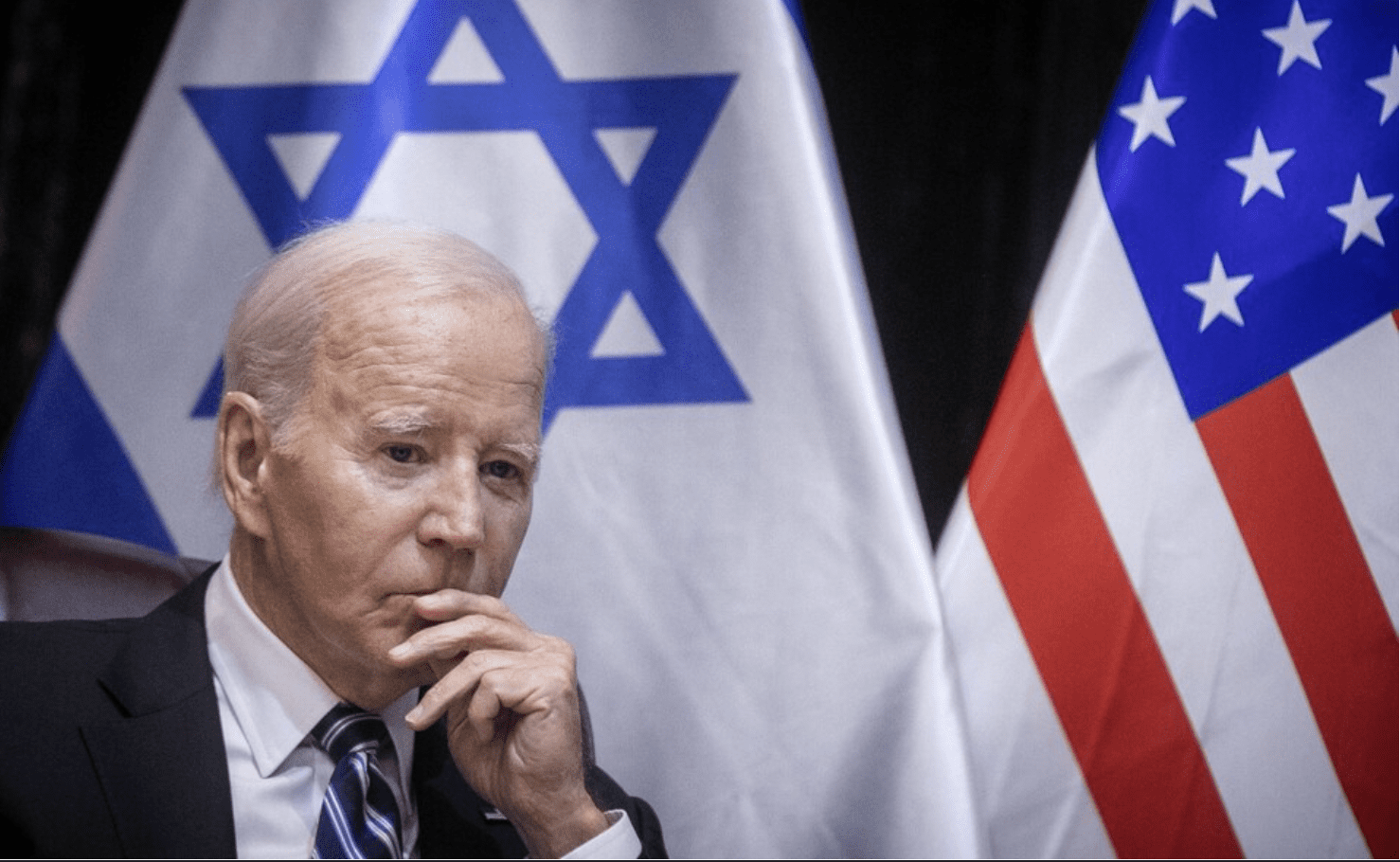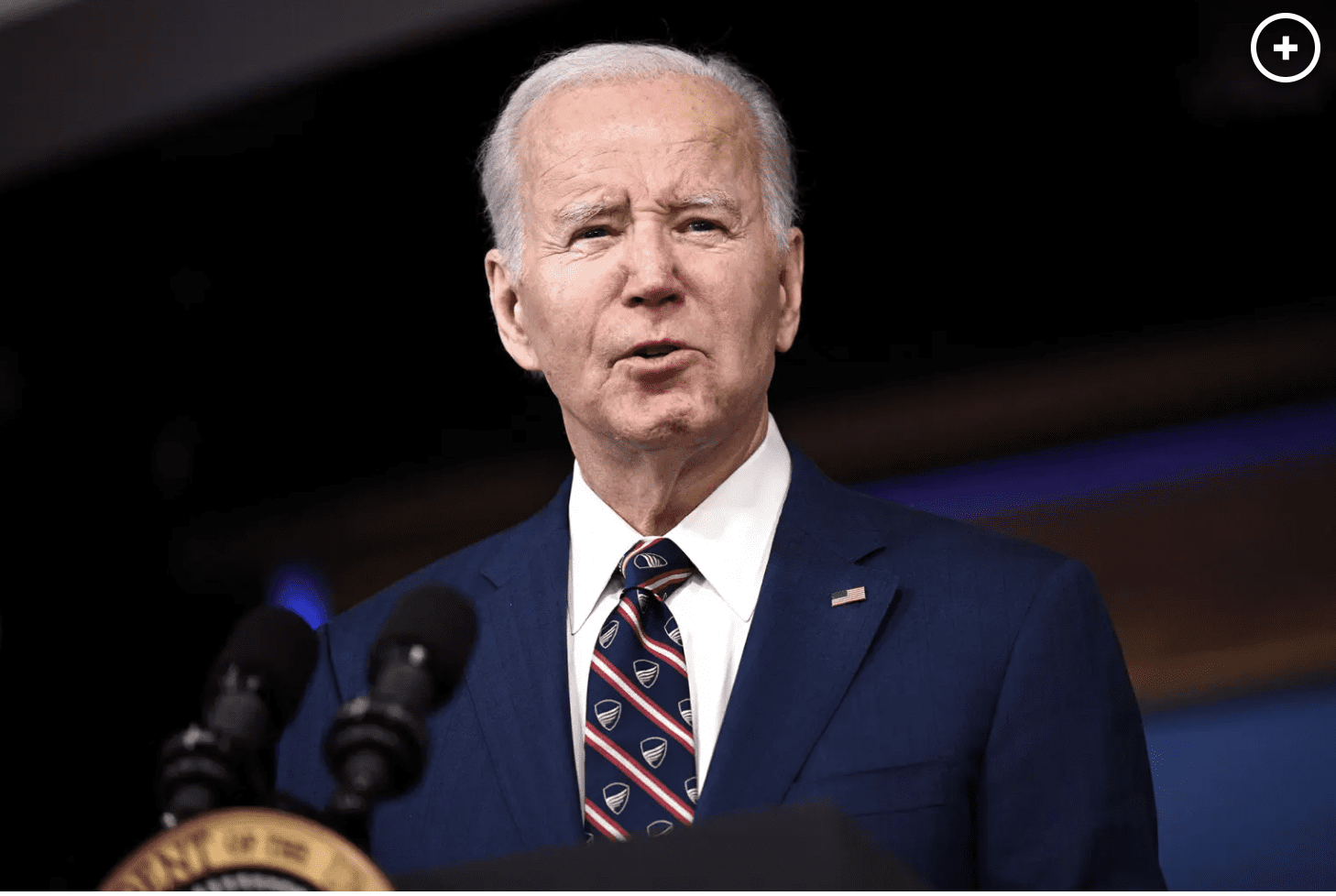Russia’s aggression against Ukraine, Moldova’s much larger neighbor, has overshadowed the dangerous reality that Moldova itself is also a battlefield between Russia and the West for dominance in the territory of the former Soviet Union. And while Moldova is small (population of about 3.25 million), its politics are just as complex as other independent states once part of the USSR.
When the USSR and the Warsaw Pact fragmented, there was talk in both Moldova and Romania, a former Moscow satellite, of reuniting as one country. Interest in reunification dissipated for a variety of reasons, however, from disputes about their long history to practical difficulties to lack of popular support. Many factors that kept the countries separate continue to manifest themselves in Moldovan politics today, often intermixing with critical contemporary issues. In hindsight, reunification might not have left Moldova as vulnerable as it now is, but the moment has passed for the foreseeable future.
An even more intricate, more threatening problem is the status of the pro-Moscow rump “state” of Transdniestria, which still had Russian troops on its soil, although not at levels like the Red Army’s prior garrison. Transdniestria, on the left bank of the Dniester River, is one of several “frozen conflicts,” remnants of the chaos from the USSR’s dissolution, and a convenient way for the Kremlin to keep Moldova unstable and imperfectly sovereign. It is an open sore both for Moldova’s legitimate government and for bordering Ukraine: a locus of smuggling, trafficking, and other criminal behavior.
Not only is it a thorn in Ukraine’s side because of the illegal activities, but because it could also cause trouble “behind the lines” for Kyiv and its military in Russia’s war against Ukraine. Had Russian forces reached Transdniestria during the invasion’s early stages, or even today, they would likely have been given free rein there, outflanking Ukraine’s defenses.
Moldova’s current president, supported by a parliamentary majority coalition, is Maia Sandu. I had the occasion to meet her in late August 2019 in Chisinau, Moldova’s capital, just months after she became prime minister. An economist, she had worked in Moldova’s Ministry of Economy and Trade and briefly at the World Bank in Washington, and she later served several years as minister of education. Then and now, she was perceived as pro-American and anti-corruption.
After leaving the Education Ministry, Sandu formed her own political party, Action and Solidarity, and contested and lost Moldova’s 2016 presidential election to Igor Dodon of the pro-Russian Socialist Party. Dodon was still serving in 2019, and I met with him after seeing Sandu on the trip. Dodon rejected the view that he was pro-Russian, saying he wanted to be neutral between Russia on one hand and NATO and the European Union on the other.
Exemplifying the complex politics of former USSR states, after the 2016 election, Sandu and Dodon formed a parliamentary coalition, supported by the U.S., the EU, and Russia, to oust then-incumbent Prime Minister Vladimir Plahotniuc. Plahotniuc, an oligarch, presided over enormous corruption, including what Moldovans call “the heist of the century,” involving more than $1 billion disappearing from three Moldovan banks. Curiously, this political struggle did not implicate Transdniestria, notwithstanding the high stakes involved.
As prime minister, Sandu’s principal objective was to recover from “the heist,” reduce corruption, and make Moldova attractive for foreign investment, which is critical for economic growth.
When I spoke with her, Sandu was interested in working with newly inaugurated Ukrainian President Volodymyr Zelensky, with whom I had met the day before in Kyiv. They were discussing digitizing customs enforcement to help squash illicit commerce through Transdniestria, thereby increasing Western confidence in their respective anti-corruption efforts, and bolstering legitimate economies in both countries. Sandu was sufficiently successful and adept enough politically to defeat Dodon in their second contest for the presidency in 2020. Her anti-corruption, anti-Russia-subversion programs have had mixed success — COVID obviously wasn’t helpful, and Russia’s invasion of Ukraine produced substantial economic problems, especially high consumer energy prices.
Nonetheless, Sandu has declared for reelection and has committed to hold a referendum on membership in the EU, which her base supports. Her supporters did well in November’s local elections, but not well enough to signal clearly she will be returned as president later this year. It now appears that Sandu and Dodon will face off for the third time, although no one predicts victory in November’s first round of voting, which will have the usual plethora of candidates. Almost certainly, therefore, there will be a Sandu-Dodon runoff in December, as in 2016 and 2020.
Whether Sandu can win a second presidential term is uncertain. What is certain is that Moscow’s efforts to subvert Moldova’s government as part of the effort to reestablish the Russian empire are real and substantial. Sandu’s defeat is central to this strategy’s success, and we will find out by the end of 2024 whether the Kremlin prevails.
This article was first published in The Washington Examiner on January 4, 2024. Click here to read the original article.

